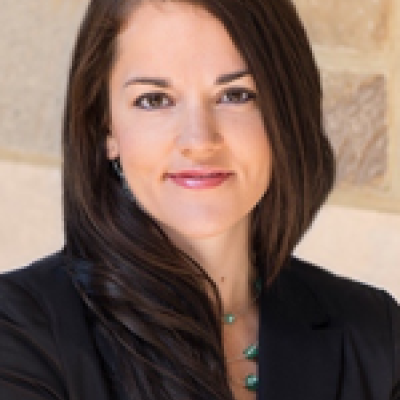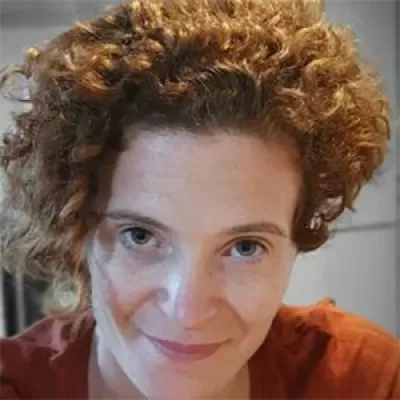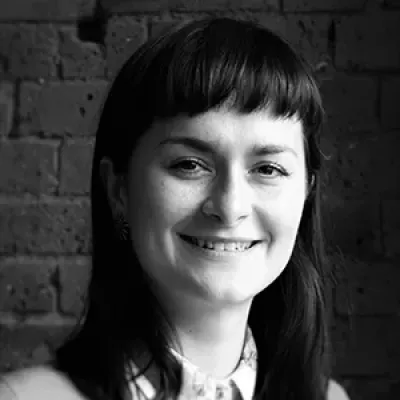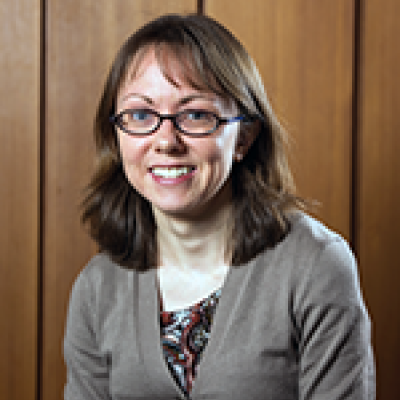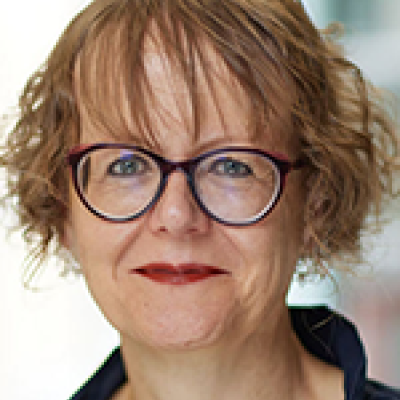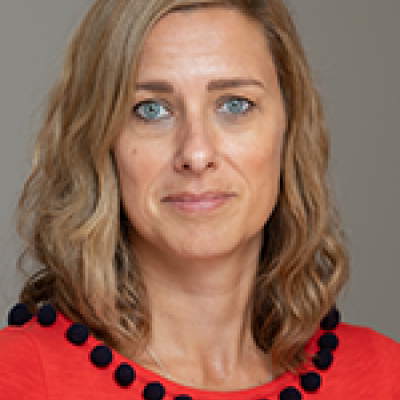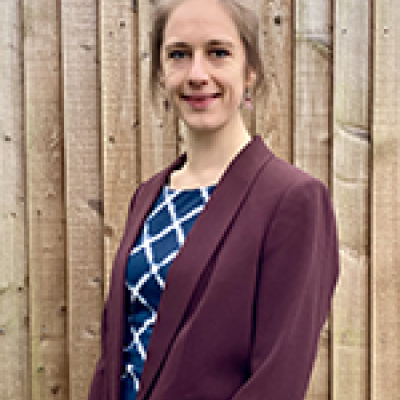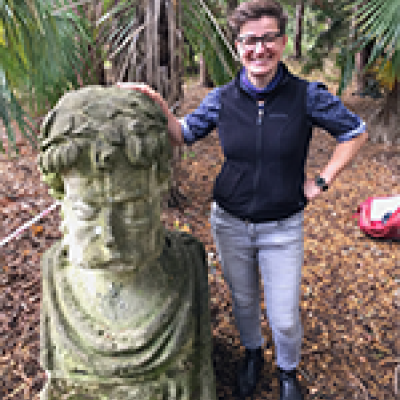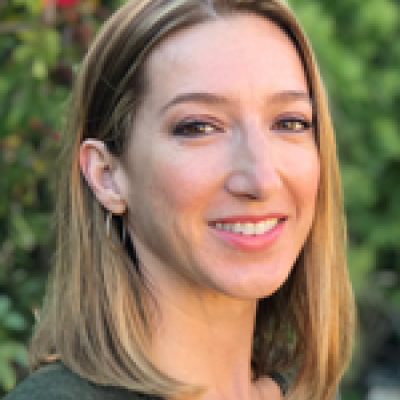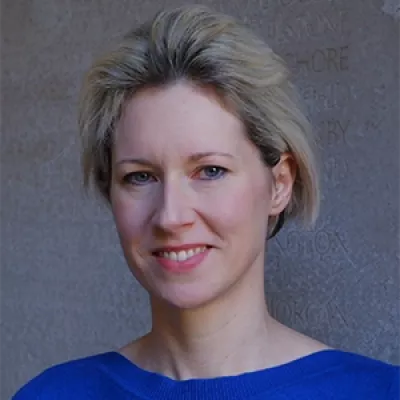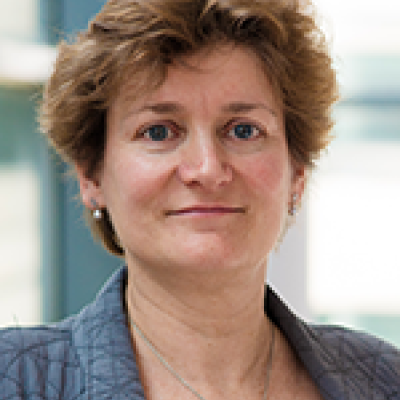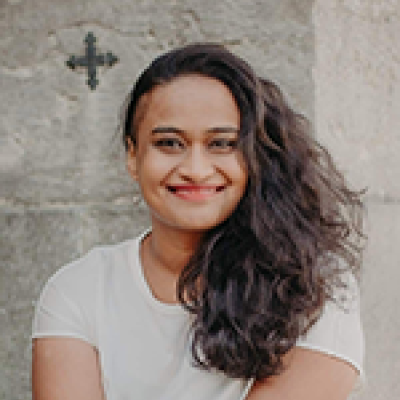SoGE celebrates International Women's Day 2021
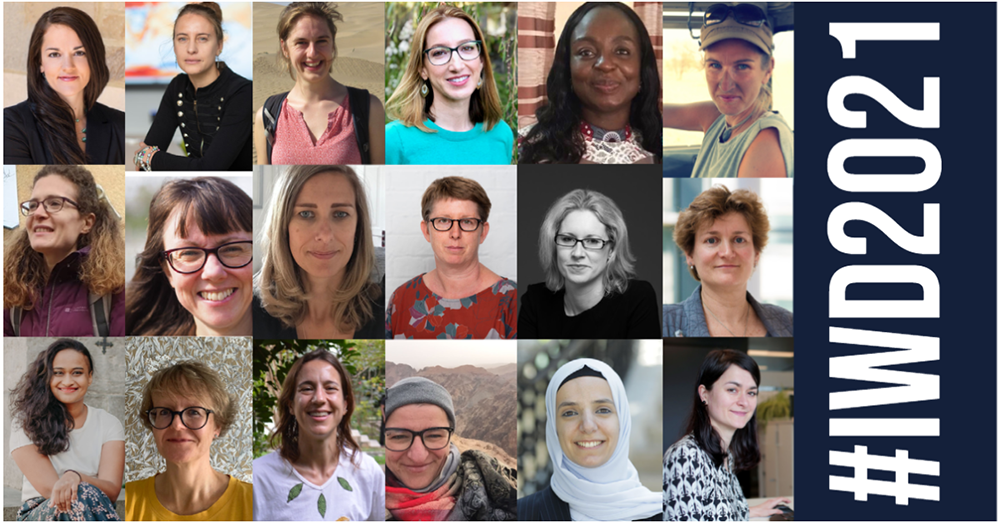
This academic year marks a century since the first women were awarded degrees at the University of Oxford. To celebrate International Women's Day 2021 we're profiling women in academia at all stages of their career, and asking:
"Women have been making history at Oxford for over 100 years. What's next?"
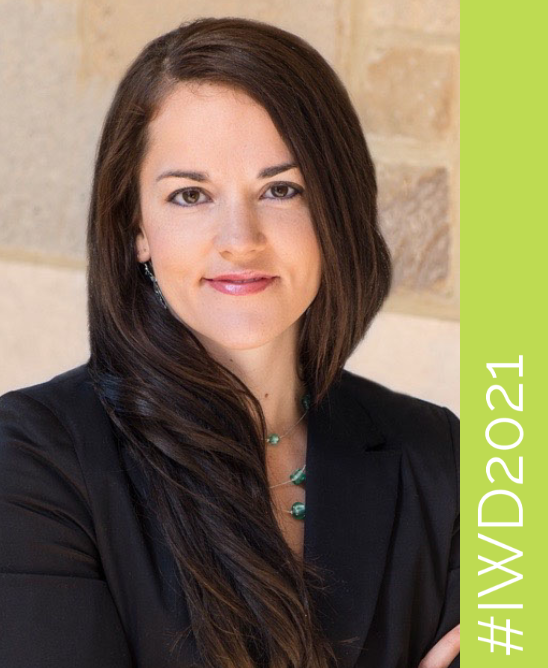
"We need to thoughtfully and consistently work against structural and institutional racism. Only a handful of black intellectuals are APs and Profs at Oxford. We need a comprehensive anti-racist approach to hiring, retaining and supporting black scholars now."
- Amber Murrey, Associate Professor of Human Geography
Amber's work focusses on power, politics and extraction in Central Africa.
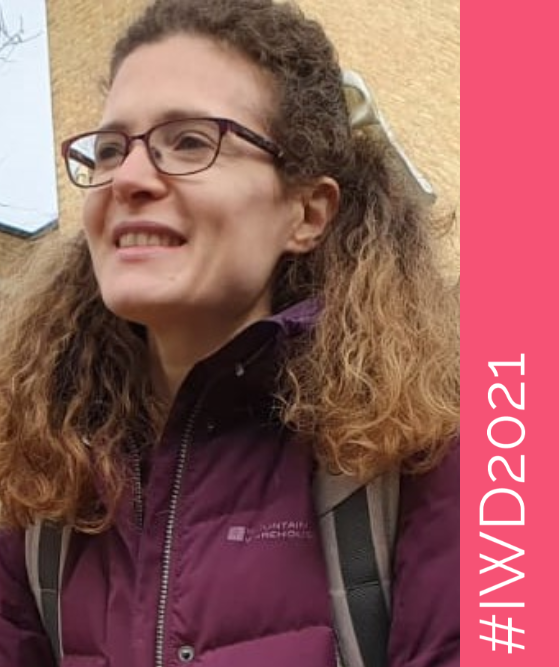
"Let's continue to fight all forms of discrimination and create a truly nurturing and inclusive workplace and a sustainable environment for future generations."
- Anna Lora-Wainwright, Professor of the Human Geography of China
Anna's interested in experiences of illness, injustice and inequality in China and in the future hopes to examine these challenges as they affect Chinese communities elsewhere.
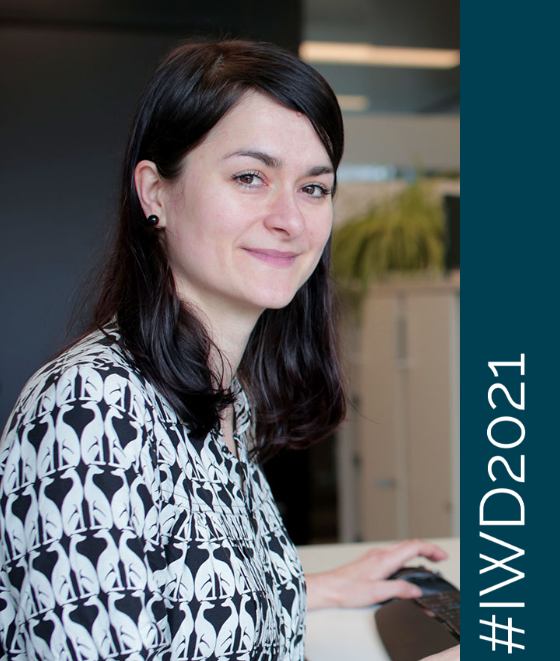
"Women at Oxford have the ability to push against a higher education sector defined by individualism and competition. I hope the next 100 years can be about women - and I mean everyone who identifies as a woman - collaborating, supporting, sharing, and receiving recognition for their work. It makes the University a place where people want to be; it makes for great science, too."
- Anna Plyushteva, Departmental Research Lecturer in Transport Studies
Anna's research and teaching are about urban mobility and transport infrastructures, focusing on the roles they play in the socio-material organisation of cities, different forms of inequality, and gendered relations.
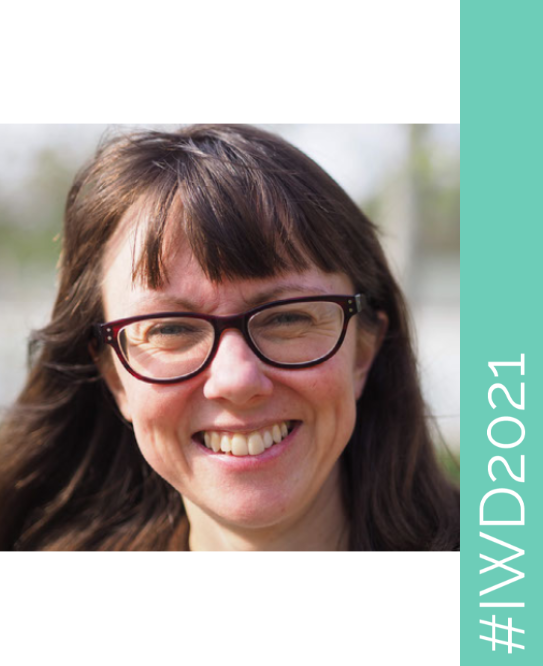
"Women at Oxford will continue to imagine, research and enact more sustainable and just futures."
- Fiona McConnell, Associate Professor in Human Geography
Fiona's research examines how stateless communities claim legitimacy, and works with these groups to make their voices heard through international diplomacy.
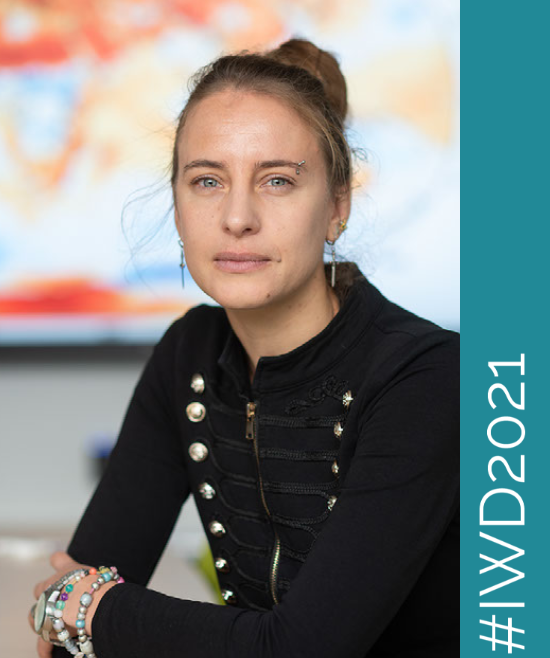
Photo by John Cairn
"Next women will lead the world into one where heteronormative, white norms are a distant memory and being human is all that matters."
- Friederike Otto, Associate Director of the Environmental Change Institute
Fredi's research focusses on answering the question of what the impacts of human-induced climate change are today and how we can use this knowledge to better adapt to future warming.
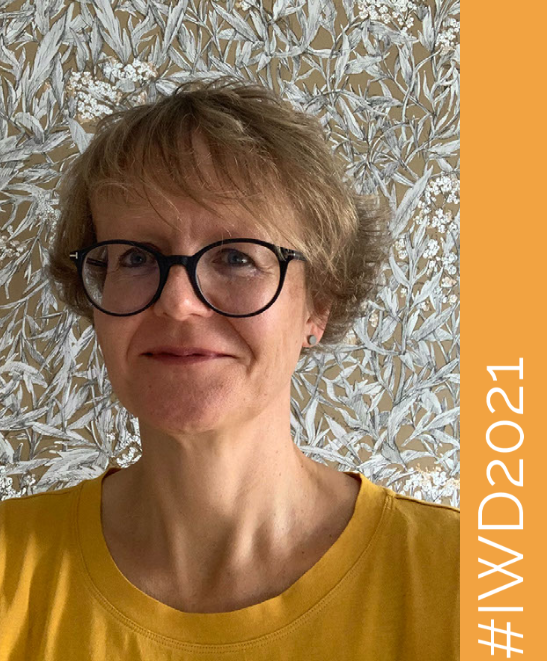
"What I hope is next is that it will matter less and less who you are and how you are perceived to what you can achieve, and to what kinds of achievement are recognised. And that the University never stops working on how better to empower all its members' curiosity, imagination and creativity."
- Gillian Rose, Head of School and Professor of Human Geography
Gillian is a cultural geographer. Her research interests have long been concerned with the politics of knowledge production.
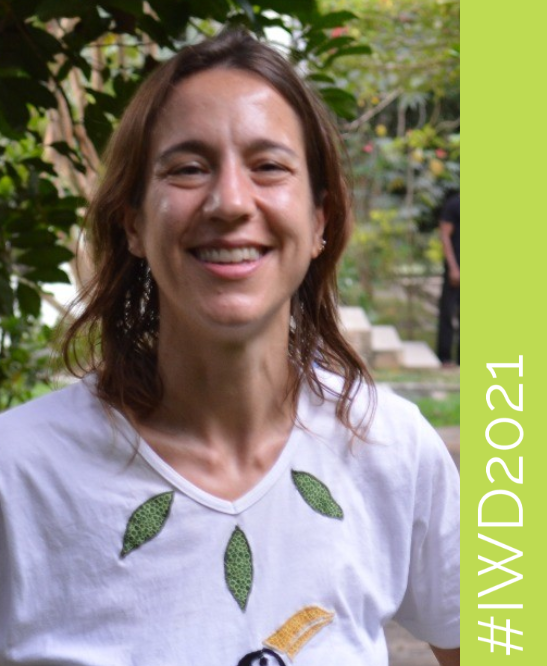
"Disappearance of all gender gaps within the University, with equal gender balance at all levels (and specially in leadership roles)."
- Imma Oliveras Menor, Research Lecturer and Deputy Leader of Ecosystems Research Programme, Environmental Change Institute
Imma is an ecosystem ecologist exploring the vulnerability and resilience of ecosystems to global change.
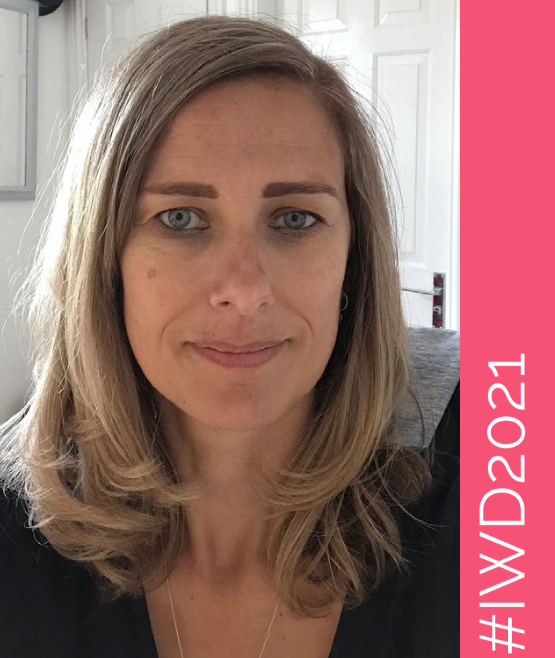
"The disproportionate burden of caring responsibilities (in multiple forms) that women have experienced during the COVID-19 pandemic is a stark reminder of the continued prevalence of gendered inequalities. We need to ensure that the impacts of this are not only made more visible but that work is continued to be supported that seeks to redress gendered inequalities both within the University and beyond. There is still much to do!"
- Jennie Middleton, Senior Research Fellow in Mobilities and Human Geography
Jennie's work centres on the significance of our differentiated experiences of everyday mobility in understanding contemporary urban life.
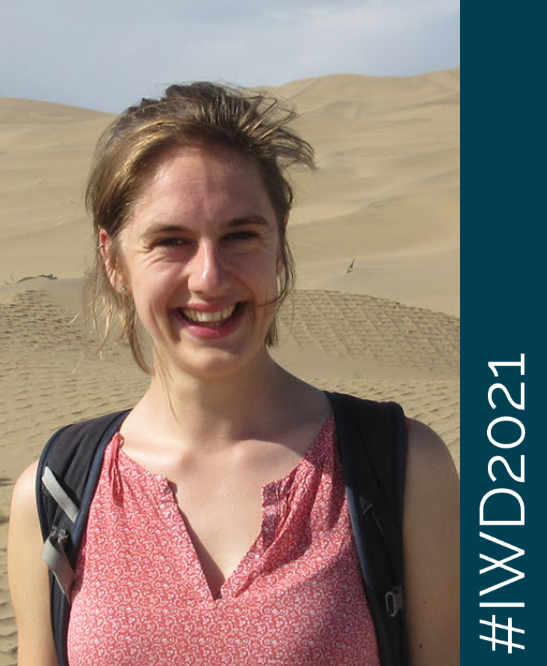
"In one sense, not much will change as women will continue to work hard and make history at Oxford. However, unlike the many examples over the last century when women have ended up as 'hidden figures', I hope that all women are given the recognition and opportunities they deserve. We need to continue working together to achieve true gender equality."
- Jennifer Richards, Researcher
Jenny looks at how environmental processes interact with heritage landscapes, enabling us to develop and improve conservation strategies.
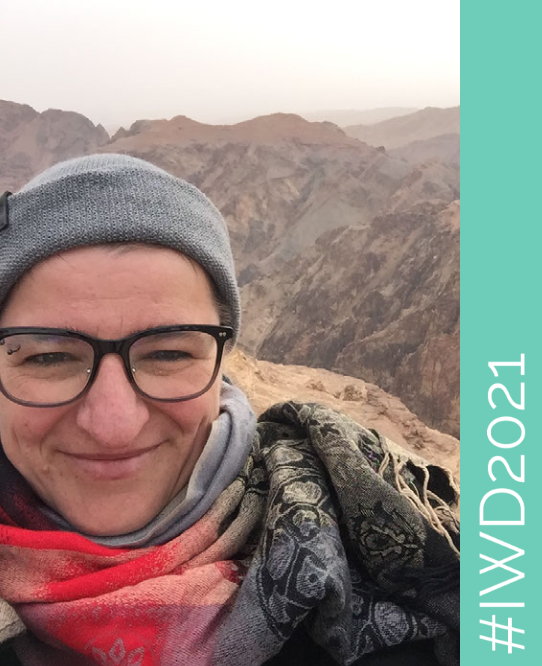
"I am frequently astounded by what the women before us have achieved within only 100 years of being admitted into academia (even though their contributions have gone unnoticed for thousands of years). Given my own diverse background, one of the main reasons that helped academia to become an environment where I could thrive, was the solidarity, inspiration, and encouragement of others. This is something I want to pass on to the next generation of diverse researchers and allies for I am more than hopeful for what comes next. I want to believe that this is only the beginning of unleashing a tremendous potential to drive humanity forward into an equitable, sustainable, and hopeful future."
- Katrin Wilhelm, Researcher
Katrin's research focuses on the intersections of cultural and natural heritage perception and preservation.
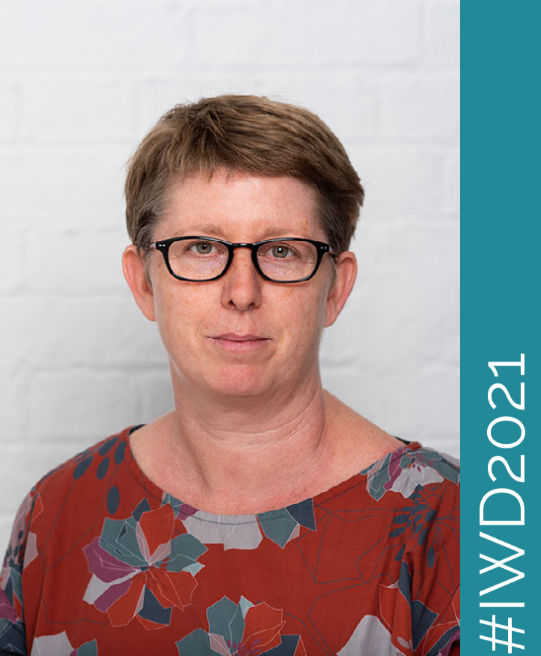
"If safe water is scarce or expensive, a woman will often drink unsafe water, prioritising safe water for her husband and children. Working in interdisciplinary research allows my team to identify these intersectional vulnerabilities, and through collaboration with international partners, to make a positive impact on the lives of women across the world."
- Katrina Charles, Senior Research Fellow
Katrina's work tackles the institutional and technical challenges to extending safe water access to all.
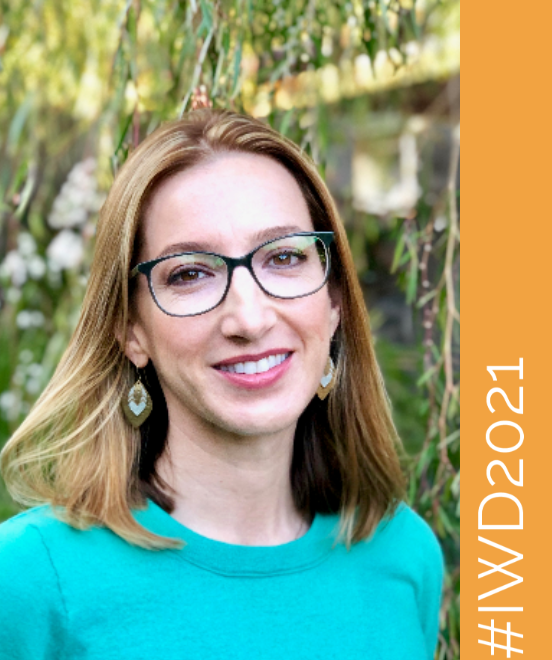
"We must foster an inclusive academic culture that brings together the diverse perspectives needed to address complex environmental problems and illuminate creative solutions."
- Lisa Wedding, Associate Professor in the School of Geography and the Environment
Lisa's research focuses on understanding marine biogeographic patterns and ecological processes to support place-based ocean management.
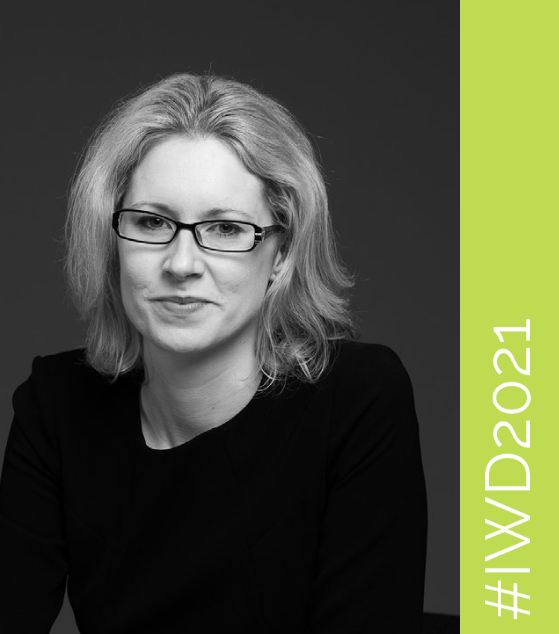
"For early career women and academics to thrive, we need to cultivate a more people-focussed academic culture, creating time and headspace for meaningful interactions, personal growth, and creative ideas. As we move into more senior positions, we need to continue making a conscious effort to redress the gender gap - championing and lifting other women as we rise."
- Louise Slater, Associate Professor in Physical Geography
Louise's research looks at how climate and land cover impact flooding and other extremes.
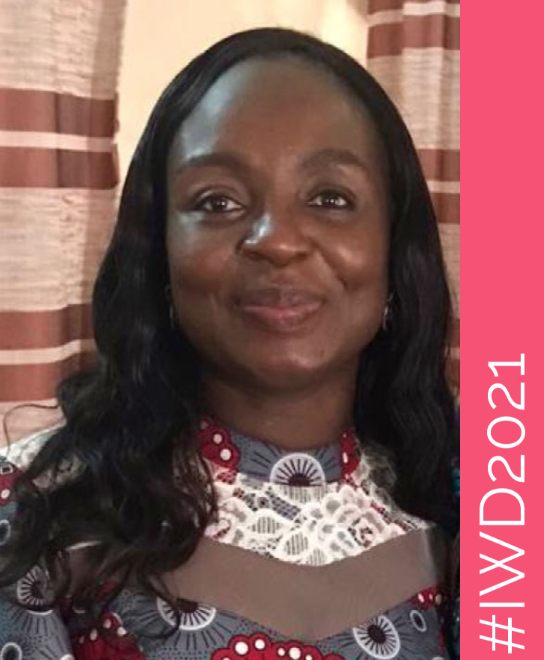
"It is time to challenge inequity completely by breaking down all remaining barriers for women in University posts."
- May Sule, Senior Research Associate in Water Quality, Climate and Health
May's research aims to integrate health into water security and provide tools for the delivery of climate resilient water supplies.
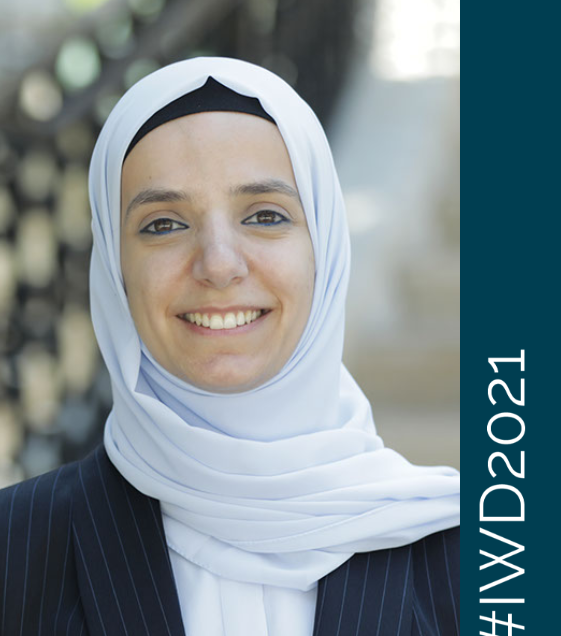
"To continue making history by challenging the current research system and advocating for feminist research designs that will help in resurfacing the highly needed subjugated knowledge so that the voices of women, and others whose narratives, sufferings and needs rarely see the light, will be better heard."
- Nassim El Achi, Postdoctoral Researcher in Water Quality, Climate and Health
Nassim's work on the SafePani project which aims to improve water security for rural and coastal areas in Bangladesh - and beyond!
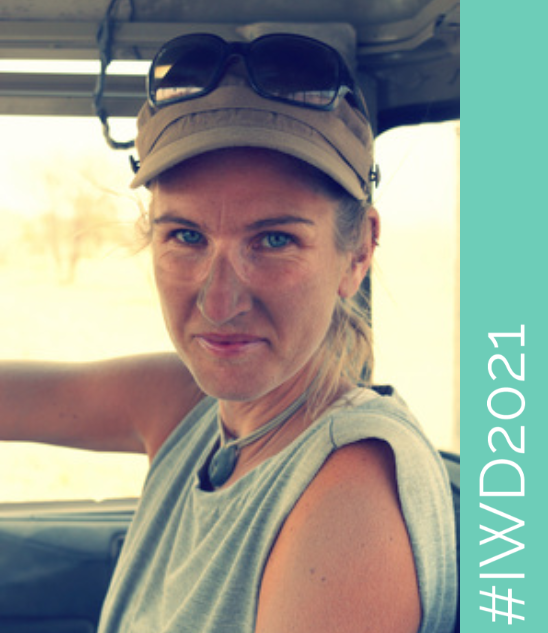
"I increasingly see young, strong women pushing the boundaries of science with confidence. I am proud and privileged to supervise a few of them. But the academic community has still not fully plugged the leaky pipeline that takes them from Researcher to Professor. In particular, women pay a heavy price for parenthood and we must do more as a community to allow maternal time-out without penalty. We are an institution at the forefront of forging the minds and attitudes of the next generation - it really matters that we get this right."
- Sallie Burrough, Trapnell Fellow of African Environments
Sallie's research asks questions about how the climate and landscape of Africa has changed over long timescales and why that matters to humanity past, present and future. Read her blog Navigating the 'hood: Where do all the science mothers go in academia? to discover more about the challenges raised in Sallie's quote.
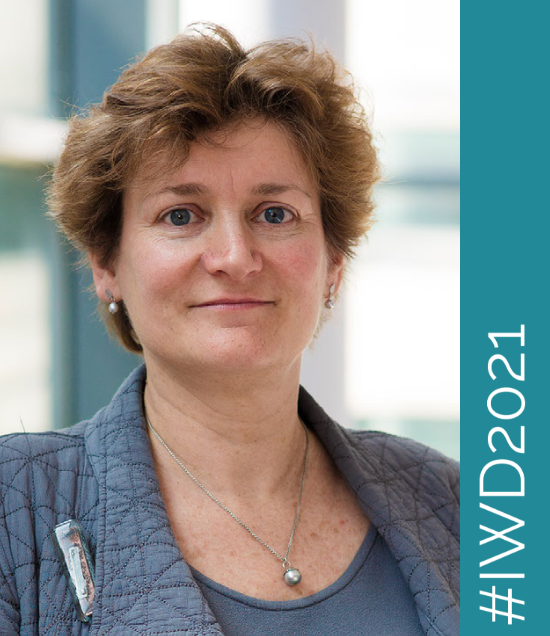
"Women's achievements at Oxford will continue to inspire as more women from more diverse backgrounds make their mark in such numbers that one day in the year will not be enough to celebrate them."
- Dame Sarah Whatmore, Professor of Environment and Public Policy and Head of the Social Sciences Division
Sarah works at the intersection of environmental science and public policy-making, interrogating the role of expertise and advising government.
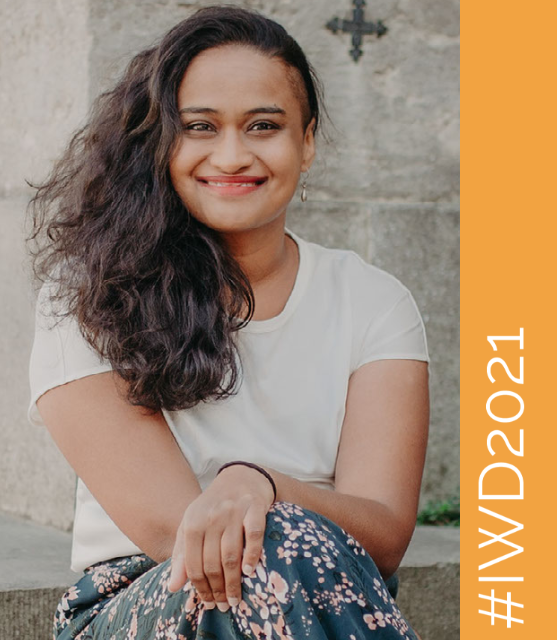
"Black and postcolonial feminists have long argued that the category of ‘woman' isn't undifferentiated. In higher education, research has shown that diversity initiatives have overwhelmingly benefited white women to the detriment of women of colour, particularly Black scholars. It is time for the university to recognise its complicity with systemic racism and do better for women of colour."
- Sneha Krishnan, Associate Professor in Human Geography
Sneha is a feminist historical and cultural geographer, whose work asks how childhood and youth are materialised in entanglement with the enduring power of imperialism.
The University's Women Making History campaign celebrates women's contribution to scholarship and to progressive change at Oxford, 100 years since the first women were awarded degrees at Oxford in 1920.
Marked annually on 8th March, International Women's Day is a global day celebrating the social, economic, cultural and political achievements of women. The day also marks a call to action for accelerating gender parity. Discover more about IWD the 2021 campaign theme #ChooseToChallenge
SoGE celebrates International Women's Day 2021
In honour of International Women's Day 2021 SoGE celebrates 100 years of Women At Oxford by profiling 18 inspiring women and sharing their insights on what's next for the higher education sector.


